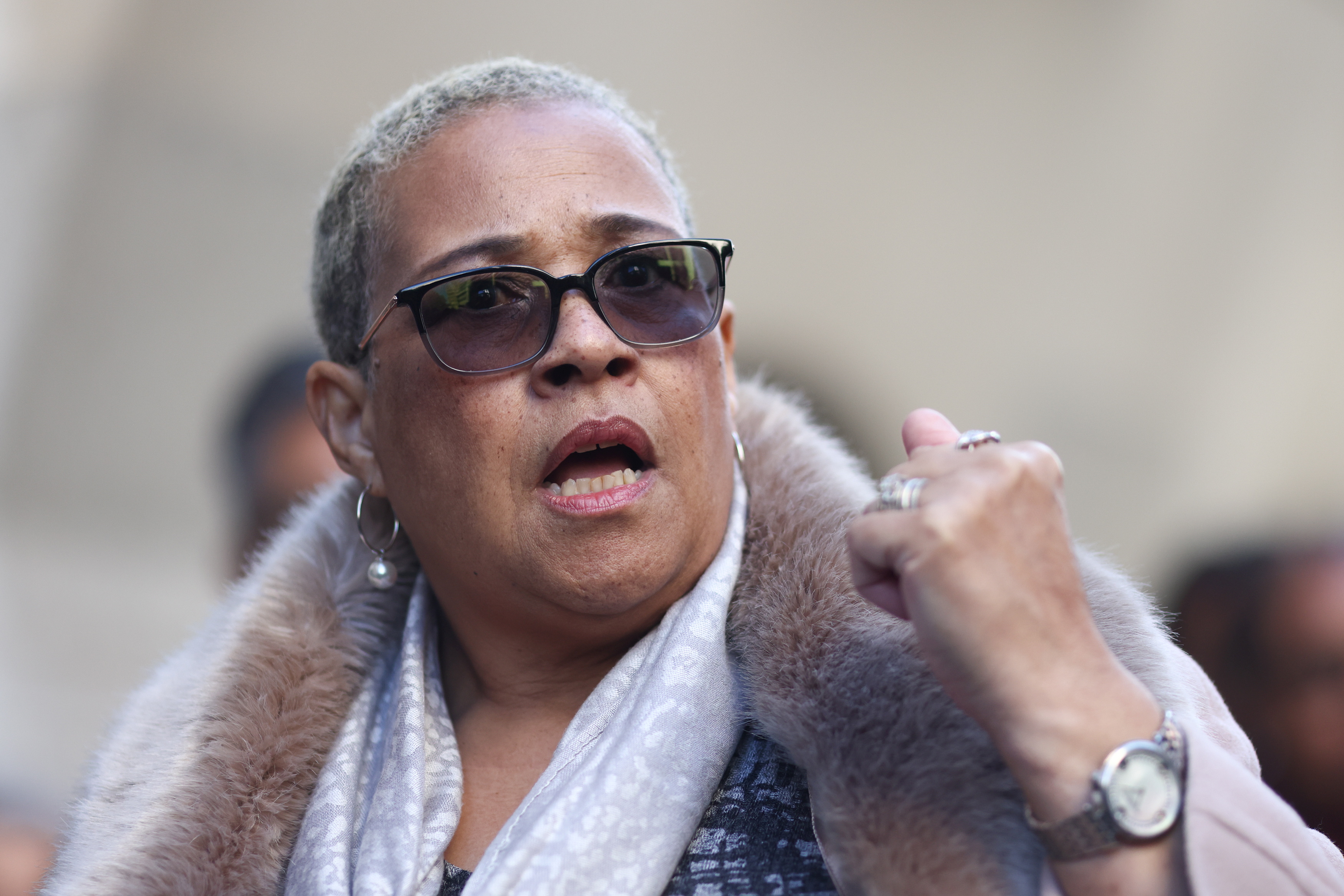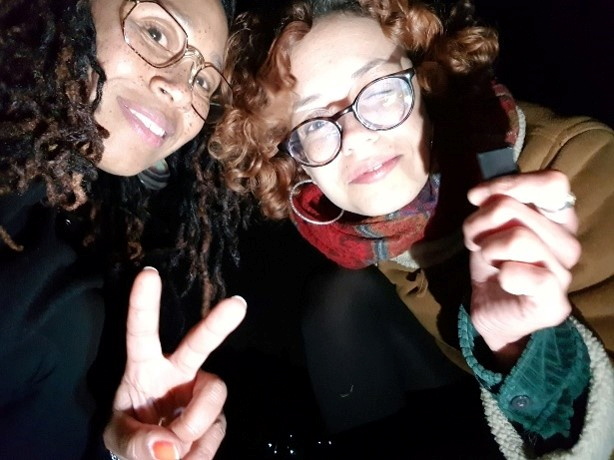
London, United Kingdom – When sisters Bibaa Henry and Nicole Smallman were brutally murdered in northwest London on June 7, 2020, Reverend Mina Smallman, the victims’ mother, accused the Metropolitan Police of racial bias for its sluggish initial response after they were reported missing.
After the family launched their own search, Nicole Smallman’s boyfriend found the bodies of the two, 36 hours after they were killed.
Smallman’s living nightmare would only unspool further.
In what became a shocking example of gross misconduct in the UK’s largest police force, two British police officers took photographs of the bodies of the two murdered sisters, and shared the images over WhatsApp.
It was a damning case that underscored racism, misogyny and misconduct in a police force where trust has eroded significantly over the years.

“Today, I can talk as a mother of two Black girls who were neglected,” Smallman said at Lambeth town hall in London, at the launch of the Alliance for Police Accountability (APA) – a new national coalition of Black community organisations from across the UK that aims to monitor the country’s police force.
The launch of the group came on the heels of successive explosive scandals, including the kidnap, rape and murder of Sarah Everard in March 2021, who was killed by a serving officer.
The aim of the collective is to empower Black British communities to work alongside the police to create community-designed solutions to tackle violence.
“They are the experts. They have the lived experience. They have heard the voices of their community and they know how to work with them,” Smallman said to the audience.
“Please take this opportunity to take their lead. We are not the enemy. We are the cure, and we want it to change our lives. And we say, ‘No more’. We are not going to be treated by the police, our children chastised, humiliated, aggravated, [so that] you have an excuse to take them to the police station,” she said.
The organisation’s formation coincided with the biggest crisis the UK’s largest police force has faced since the murder of Stephen Lawrence, the Black British 18-year-old stabbed to death in southeast London, on April 22, 1993, in an unprovoked racially-motivated attack by five white youths.
The inquiry into Lawrence’s murder led to the publication of the landmark report by Sir William Macpherson in 1999 that shook race relations in the UK, and diagnosed racism in the Metropolitan Police (Met) with a single phrase: institutional racism.
Institutional racism has since become unshakeable from the Met force’s reputation for the last 30 years.
The strip-search of Child Q – a Black 15-year-old girl suspected of having marijuana at a London school in 2020 by two female officers without another adult present, and the police killing of Chris Kaba last September – a 24-year-old father and aspiring rapper – also reignited national conversations about racism within the British police force.
The Met was placed under “special measures” last year, and an independent review commissioned by Baroness Louise Casey found the Metropolitan Police was institutionally racist, misogynist and homophobic.
The report, published in March, was damning: The UK’s biggest police force, which has more than 34,000 officers, had failed to safeguard the public from misogynistic officers, and staff routinely experienced sexism.
Race remained a stand-out issue in the report, nearly 30 years after the Macpherson inquiry.
The force must “change itself” or risk being broken up, the report concluded.
Nazir Afzal, a former chief prosecutor for North West England who has criticised the Met in the past, said the force needed to re-earn the confidence of the public.
“It’s something that they appear to have taken for granted,” he told Al Jazeera. “The institutional racism, misogyny and homophobia evidenced by recent events needs to be addressed. It’s only through visible competence that public confidence will follow.”
Since the publication of the Casey report, a sixth suspect in the Lawrence murder was publicly named for the first time after a BBC investigation. In a recorded video played at the launch, Casey described the revelation as “troubling”.
“Why does it take the BBC to essentially investigate and bring this to light rather than the Met or other policing organisations?” Casey said.
“Is it the fact you’re tired about it? You don’t want to use the word racism?” she added. “It’s not acceptable.”
Referring to the case of David Carrick, a former armed officer in the London Metropolitan Police force, who was jailed for at least 30 years for raping and sexually assaulting a dozen women during a 17-year period, Casey said police organisations needed to acknowledge Carrick was not an isolated incident.
“[The Met] didn’t look to see what the connections were in the run-up to David Carrick,” she said. “I think that speaks to institutional failures, and not wanting to find the truth.”
While “institutional” and “institutional racism” has been used by the mayor of London, Sadiq Khan, and police chiefs of other regional forces, Metropolitan Police Commissioner Sir Mark Rowley said he saw the terms as politicised and ambiguous, though he accepted Casey’s “diagnosis” of prejudice in the Met.
“The evidence is there,” Smallman said at the launch of the Alliance for Police Accountability.
“These reports – blood, sweat and tears is poured into them to then eventually be put onto the shelf and gather dust,” she said. “The only people who will benefit from denying institutional racism are the perpetrators.”







